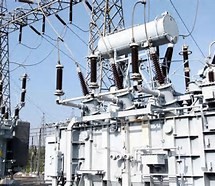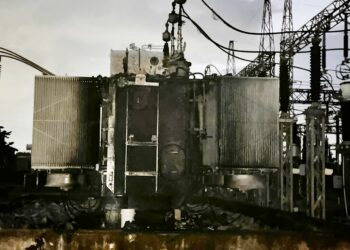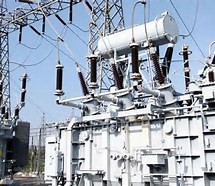The federal government has disclosed that poor maintenance practices, outdated equipment, and excessive voltage are the primary reasons for the frequent collapses of Nigeria’s national power grid in recent months.
The findings were presented on Wednesday in Abuja by Nafisatu Asabe Ali, chair of the investigative committee established to examine these grid failures.
The report, coming just a day after the grid’s 10th collapse of 2024, highlighted specific incidents on October 14 and 19, citing lightning arrestor damage at the Jebba and Oshogbo transmission stations and a CT explosion at Jebba as key contributors. The high voltage, which exceeded equipment capacity, was identified as a major trigger for these blackouts.
Ali explained that Jebba’s grid vulnerability stemmed from the unavailability of a second shunt reactor, which left the station prone to high voltage spikes. She noted that Jebba’s voltage had surged to 400kV, well above safe limits, causing accelerated wear on insulation and other equipment.
The panel’s findings underline an urgent need for investment in updated infrastructure and a proactive maintenance approach to stabilize the grid and reduce disruptions that continue to impact Nigeria’s power reliability.




